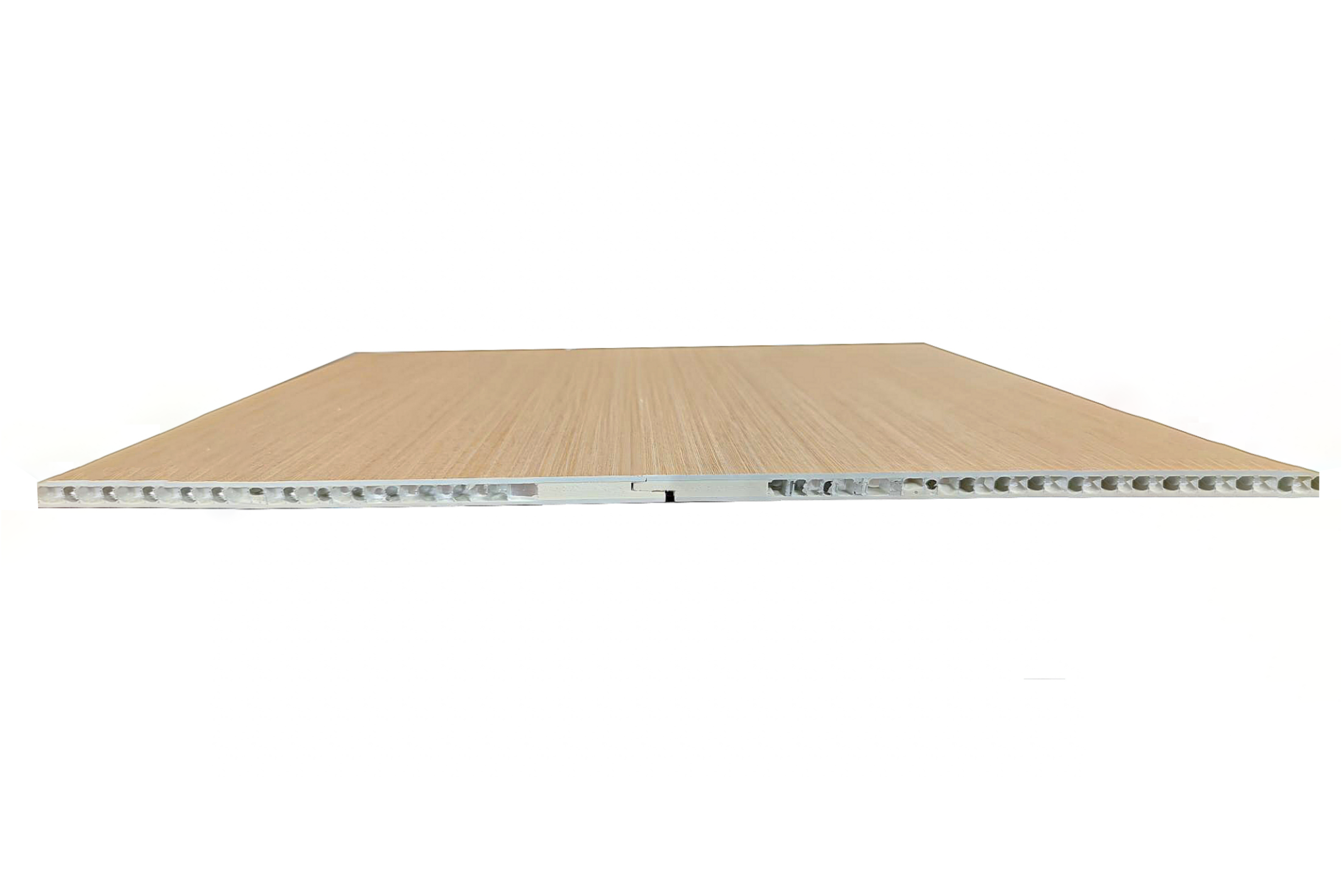Partition walls play a crucial role in interior design, providing privacy, sound insulation, and visual separation. Choosing the right material for partition walls is essential to ensure durability, functionality, and aesthetic appeal. In this blog post, we will delve into the world of partition materials, exploring their characteristics, advantages, and disadvantages. By the end, you will have a clear understanding of which material is best suited for your specific needs.
- Gypsum Board:
Gypsum board, also known as drywall or plasterboard, is a popular choice for partition walls. Its versatility, affordability, and ease of installation make it a go-to option for many construction projects. Gypsum board offers excellent fire resistance, sound insulation, and can be easily painted or decorated. However, it may not be suitable for areas with high humidity or moisture. - Glass:
For a modern and sophisticated look, glass partitions are gaining popularity in commercial and residential spaces. Glass partitions allow natural light to flow through, creating an open and spacious atmosphere. They also provide sound insulation and can be customized with various finishes. However, privacy concerns and the need for regular cleaning may be drawbacks to consider. - Brick:
Brick partitions offer exceptional durability and sound insulation. They are commonly used in industrial or commercial settings where strength and security are paramount. Brick partitions can withstand high levels of humidity and moisture, making them suitable for areas like bathrooms or kitchens. However, their weight and cost may limit their application in certain projects. - Metal Studs with Plasterboard:
Metal stud partitions, combined with plasterboard, provide a versatile and sturdy solution. Metal studs offer flexibility in design, allowing for curved or angled walls. They are lightweight, making them suitable for both new construction and renovation projects. The plasterboard provides excellent fire resistance and sound insulation. However, metal stud partitions may require professional installation and can be more expensive than other options. - Acoustic Panels:
In environments where noise reduction is crucial, acoustic panels are an excellent choice for partition walls. These panels are designed to absorb sound waves, reducing echo and improving overall acoustics. Acoustic panels come in various materials, such as fabric, wood, or foam, allowing for customization to match the desired aesthetic. However, they may not provide complete visual separation and can be more expensive than other materials.
Conclusion:
Choosing the best material for partition walls depends on various factors, including budget, functionality, aesthetics, and environmental conditions. Each material discussed in this article offers unique advantages and disadvantages. Gypsum board provides versatility and affordability, glass partitions offer a modern and open feel, brick partitions ensure durability and sound insulation, metal stud partitions provide flexibility, and acoustic panels excel in noise reduction. Consider your specific requirements and consult with professionals to determine the ideal material for your partition project.

